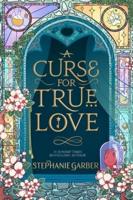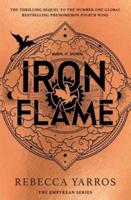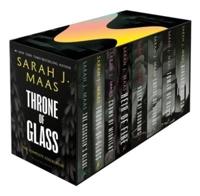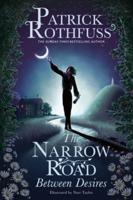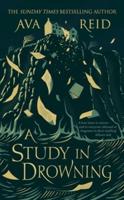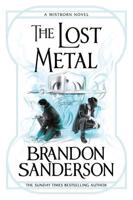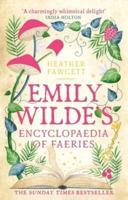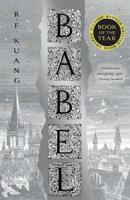Publisher's Synopsis
In short, it's a lost civilisation novel, although that civilisation is now definitely excinct. It is so ancient a civilisation that two elaborate capsules preserving two survivors in suspended animation are all that remain; and those capsules, vast spheres, were above ground when built, and have been deeply buried by time.There is an opening prologue set in the past with the preparing and sealing of the capsules, and then the story moves to contemporary (ie 1919) Australia, where a vineyard manager in the Rutherglen wine district, digging foundations, finds a curious, immovable metal artefact. Excavating further and further, the artefact proves to be a marker and lock, and part of a huge sphere many feet below.This is a long book (120,000 words) and an astonishing half of it is expended on just the process of excavation, solving the problem of the lock, and ultimately entering the sphere. When you read it in serial form in the original newspapers, this makes sense; there's an exciting, if small, cliffhanger at the end of each day's episode. In book form, it is less satisfactory.Ultimately, the sole inhabitant of the capsule, who has been in suspended animation for countless centuries, is revived, and needless to say she is a beautiful, entrancing woman.The book poses an ethical problem. This highly advanced civilisation achieved its perfection by ruthless practice of eugenics (a philosophy gaining ground at that time by which imperfections should be bred out of the human race by eliminating the weak and imperfect). One method used by the ancients was a mysterious ray which selectively exterminated all but the white races.Initially horrified that this perfect, beautiful woman, Earani by name, could find no fault with the extermination, the excavator soon falls under her spell. All the wisdom and science of that lost civilisation, she explains, is contained in the giant sphere, and another like it which holds a male member of the lost race. Including the secret of the lethal ray. Together, Earani tempts, they could rule the world, and recreate the perfect world she had left behind.The book has been attacked in recent times for "racist overtones", based on the above, but the attacks seem to ignore the initial horror at Earani's revelations by the excavator before he falls under her spell; and the continued distaste by the small number of his friends who are in on the secret of the sphere and alarmed by their friend's surrender to Earani.To avoid a spoiler, I'll leave it there.In terms of modern sf, it is resolutely old-fashioned of course, as it was conceived during WW1, in which Australia's all-volunteer army suffered horrific losses in the defence of Britain. Its exposition, the excavation of the sphere, is too drawn out. It really is an 80,000 word novel expressed in 120,000 words. And the final resolution leaves the reader unclear as to where, if anywhere, the author stood on the moral and philosophical issues raised.



